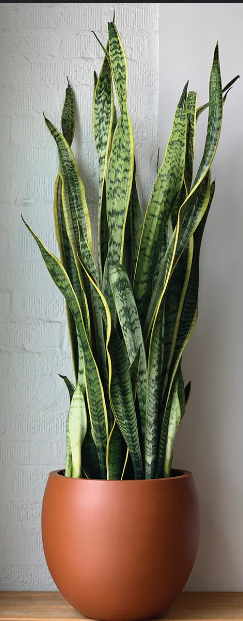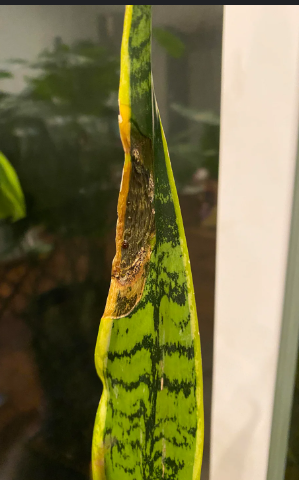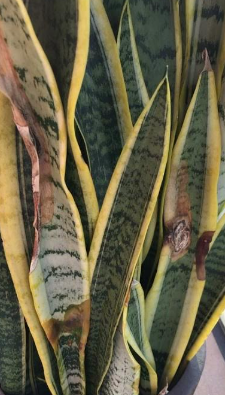Snake Tongue Cactus Plant
Snake Tongue Cactus (Opuntia spp.) is a cactus growing 1-3 feet tall, hardy in USDA zones 8-11, with slow growth in well-drained, sandy soil, requiring full sun and low moisture, and it is neither edible nor medicinal.

Habit
Cactus
Height
1-1.5 m
Growth
Slow
Soil
Well-drained, sandy
Shade
Full Sun
Moisture
Low
Edible
No
Medicinal
No
Origin
Mexico
Climatic Condition
Desert, Subtropical
Temperature (°)
20-30°C
Humidity (%)
50-70%
Potting media
Cactus mix
Fertilizers
Low NPK, minimal feeding
Watering
Light watering
Plant Weight
200-400 g
Flowering Time
Summer
Soil Ph level
5.5 - 6.5
Water Ph level
6.0 - 7.0
Soil EC
1-2 dS/m
Yield Per Plant
Ornamental, cactus fruit
NPK ratio
10:10:10
life Span
Perennial
Health Benefits
Ornamental, fruiting
Suggested Grow Media or Potting Mix ?
50% cactus mix, 25% perlite, 25% sand
Suggested Fertigation/Fertilizers
Fertilize every 6 weeks with a balanced, low-nitrogen fertilizer.
Common Diseases and Remedies
Root Rot, Leaf Spot, Mealybugs, Spider Mites, Aphids.
Yellowing, wilting leaves Brown/black spots on leaves White cottony masses on leaves Tiny webs, speckled leaves Curling, yellowing leaves
Improve drainage, reduce watering Prune affected leaves, neem oil spray Wipe with alcohol, neem oil Increase humidity, neem oil Insecticidal soap, neem oil
Fungicides containing metalaxyl, Copper-based fungicides, Systemic insecticides like imidacloprid, Miticides containing abamectin.
HEALTH BENEFITS
· Used in traditional medicine for treating inflammation and skin conditions.
· May have antibacterial properties.

